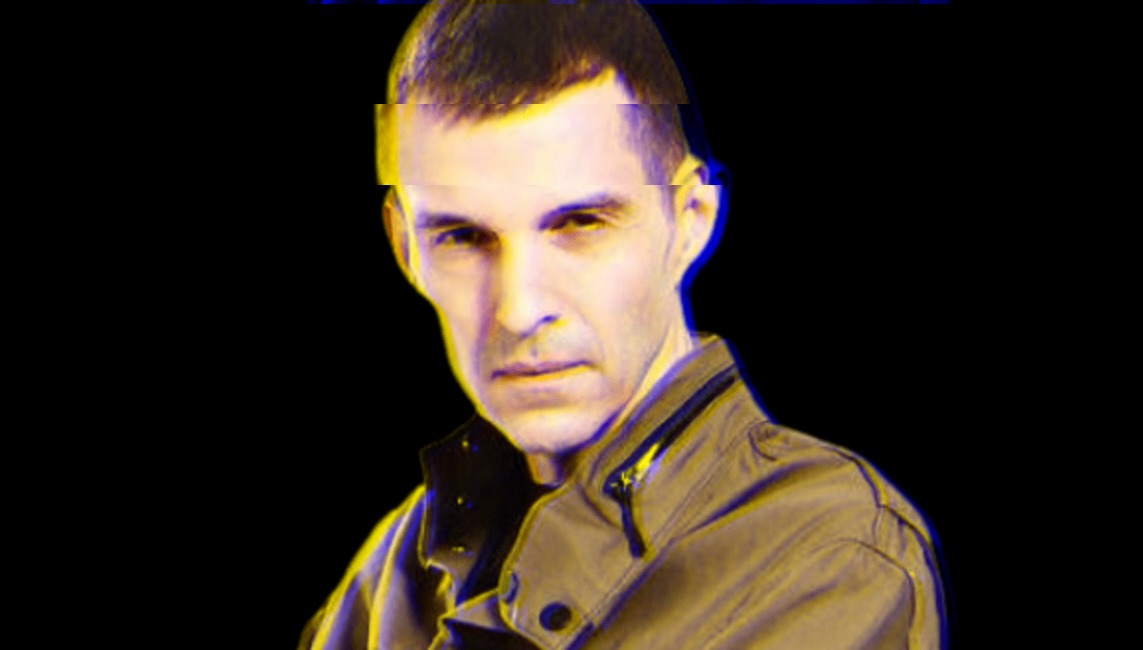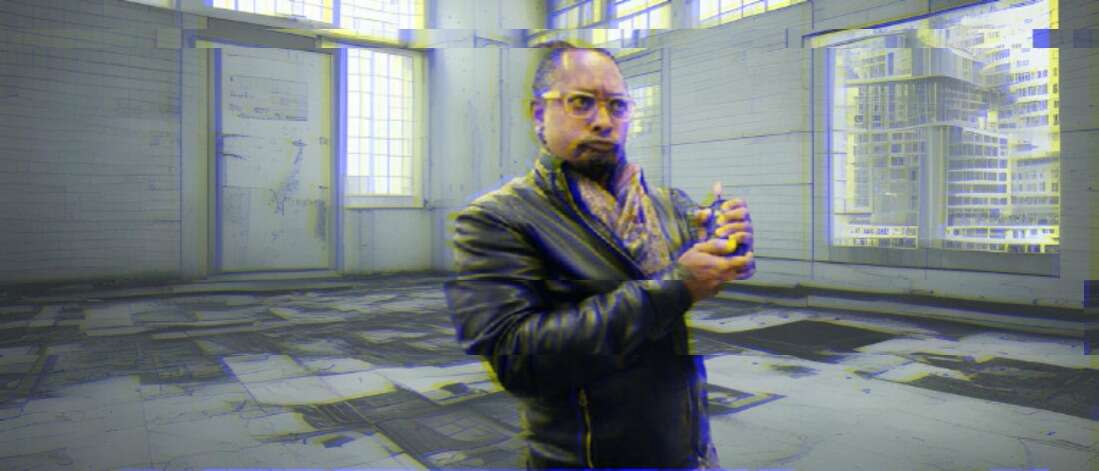Radio 4 in the UK are currently broadcasting a documentary called Techno: A Social History. Narrated by Ash Lauryn, the editor-in-chief at Ears To The House is personally reviewing the whole series. Here’s his review of the second part…
Episode one finished last week with a brief mention of Berlin – and this week’s edition immediately continued with that theme. If Britain was where techno had been embraced in 1987 and 1988, it was Germany who fell in love with it after the fall of the Berlin Wall in 1989.
Kevin Saunderson recounts a story early in this episode where he even held a piece of that wall whilst doing a show in the city – a testament to just how much things were changing in Germany in the late 1980s. The influence of Tresor – based close to where the wall used to be, and which opened in 1991 – is cited heavily, as well as the infamous Love Parade, which ran from 1989 to 2010.
Whilst the Love Parade ended under the most terrible circumstances, it had more romantic beginnings. Dr Motte revealed how it all began after he’d witnessed the “DIY rave culture”, as narrator Ash Lauryn called it, in the UK. He disassociated himself from the event in 2006 – the new owners adopted a touring model, with the event going somewhere different each year. This was to eventually have fatal consequences.
Halfway through the episode, the documentary briefly turned its attention towards how the originators started being cut out of dance music in the late 1990s, a subject I’ve tried to cover on this site in the past. Love Parade, for example, had become commercialised and was even being franchised to other countries – and the superstar DJ was very much here.
Techno was getting harder during this era – partly in response to the increasingly massive trance scene – and this was something many of the originators struggled to adapt with. And although it must be stated this wasn’t entirely restricted to techno, the documentary tries to leave you with the impression they struggled just that little bit more.
Lauryn’s delivery in this episode appeared more confident, with fewer pauses for dramatic effect. It made for an overall better episode than the first one, with the likes of Dimitri Hegemann, Ellen Allien and Marcel Dettmann simply getting on with telling their stories with a strangely endearing German frankness.
At the end of episode two, Lauryn notes the next episode will refer to techno’s role in areas of the world where conflict is still rife. I understand Nastia – who we’ve had a few nice things to say about lately – will be speaking about the war in Ukraine. Should be an interesting conclusion to what has managed to become quite a balanced documentary after steering away from the direction of the so-called Belleville Three…
Episode 2 can be heard on BBC Sounds from here. My review of Episode 1 is available here.





